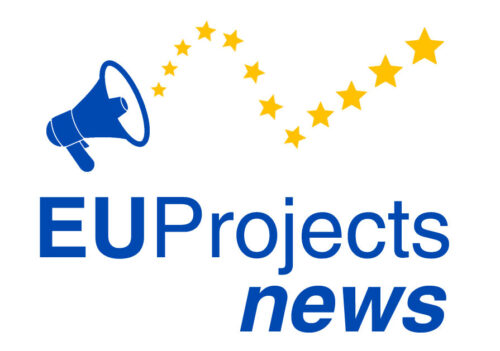
The MICRO 2 Digital project proudly announces the successful implementation of its Test and Validation phase (WP4), focused on testing and promoting training materials designed to enhance digital competences and entrepreneurship for microenterprises in rural areas.
Co-funded by the Erasmus+ Programme of the EU Commission, the project aims to advance digital skills among microenterprises in rural areas to drive growth, employment, and social empowerment. The partnership comprises four organizations from Ireland, Belgium, Italy, and Spain.
Through comprehensive testing and validation sessions, the project has confirmed the suitability of its training material across three languages and four countries, demonstrating its effectiveness for training. Training sessions, conducted both face-to-face and online, utilised official presentations and various online materials to illustrate concepts, showcasing the material’s adaptability for diverse learning environments. Despite varying testing contexts, all partners successfully participated, indicating strong community demand for this type of learning. Positive feedback highlighted the relevance, applicability, and completeness of the material and resources.
Based on pilot sessions and project experience, practical guidelines have been developed to facilitate further adoption and replication of the initiative. These multilingual guidelines – English, Italian, Spanish – offer insights for trainers and training organisations to tailor the material to local contexts, ensuring an engaging and meaningful learning experience.
For comprehensive access to the official guidelines document in English, visit: https://www.digitalmicro2.eu/mapping-docs/MICRO2_Guidelines_for_further_adoption_of_training.pdf
For more information on the MICRO 2 Digital project, visit: www.digitalmicro2.eu







